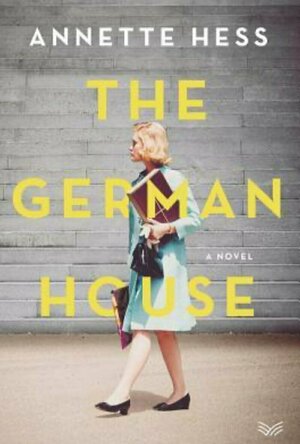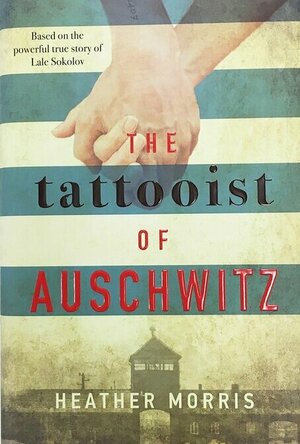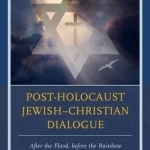
Post-Holocaust Jewish-Christian Dialogue: After the Flood, Before the Rainbow
Book
This volume sheds light on the transformed post-Holocaust relationship between Catholics and Jews....
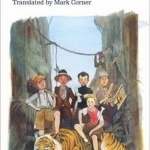
We Were a Handful
Book
A favorite work of Czech humor, We Were a Handful depicts the adventures of five boys from a small...
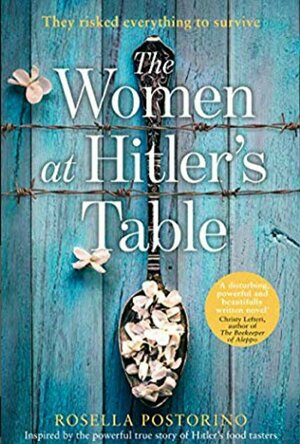
The Women at Hitler’s Table
Book
Inspired by the powerful true story of Margot Wölk, this is a heartbreaking and gripping historical...
Historical Fiction Germany World War 2
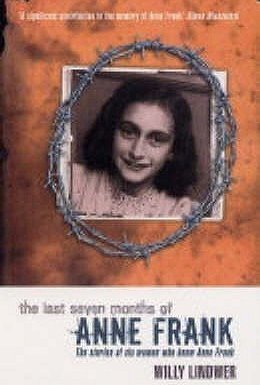
The Last Seven Months Of Anne Frank - The stories of Six Women who knew Anne Frank
Book
Six powerful, harrowing, moving interviews with women who knew Anne Frank in the final seven months...
ClareR (6062 KP) rated The German House in Books
Dec 30, 2019
I really enjoyed this novel. It was hard-going at times, and it did read like a translated novel. It did however, catch the spirit of the time. Eva’s longing to break out of the societal restrictions of the time (for example when she refers to how much she likes a new Beatles song that Jürgen can’t understand, he doesn’t like pop music) and Jürgen’s wish that she stops work as soon as she gets engaged (as a modern woman, I was positively fuming at this point!!).
I was fascinated by the trip the Court makes to Auschwitz - somewhere I’ve never been, and after a trip to Oranienburg (a camp for political prisoners outside Berlin), I feel that I would struggle to go. This was one of the most emotional parts of the book.
The side story involving Eva’s older sister is also fascinating, and I feel portrays the effect of seeing so much violence and hatred as a young child (no spoilers here!).
All in all, after I got used to the writing style, I really enjoyed this. It was an interesting insight into the post-war years, and West Germany’s reaction to the damage and destruction that the Nazis had caused during the Holocaust.
This is well worth a read.
Many thanks to NetGalley and the publisher for my copy of this book to read and honestly review.
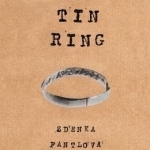
The Tin Ring: Love and Survival in the Holocaust
Book
Zdenka Fantlova's peaceful life was changed forever when she was sent to Terezin concentration camp....

Man's Search for Meaning: The Classic Tribute to Hope from the Holocaust
Book
A prominent Viennese psychiatrist before the war, Viktor Frankl was uniquely able to observe the way...
BTPBookclub (18 KP) rated The Librarian of Auschwitz in Books
May 11, 2019
The Librarian of Aushwitz is beautifully translated and written by Lilit Zekulin Thwaites. It is based on a true story and it hurts how close to the truth it really is, makes it all the more real and heart-breaking.
Within the story you really get to know each character individually and when you lose one, IT HURTS! It’s upsetting. I felt that! The story highlights how important friends, family and books are… Even though there was only 8 books they meant the world to block 31 and the children. There are so many beautiful quotes about books in this story. It was their form of escape from reality during the worst of times.
Ditas character (based off a real woman). Wow. She was only fourteen and had so much responsibilty placed on her, she risked her life technically daily. She is one strong and determined woman. I really do look up to this woman and appreciate her and applaud her for what she did. What a wondeful woman! I love to meet her.
An absolute eye opener of a read! The truth is in this book about what really happened at Auschwitz camps. I’m tearing up writing this review. A must read. A well deserved five stars from me and it obviously has a space in my top twenty of the year and honestly this might be stuck with me for life. I learnt a lot from this book.
Prieblanda (25 KP) rated The Tattooist of Auschwitz in Books
May 17, 2019
Summing up, there were some parts that I liked and there were a few that I didn't. But knowing it is based on a true story makes it a forgivable. I just wish the author put a bit more of work in her prose, to paint the images more vividly
Suswatibasu (1703 KP) rated The Tattooist of Auschwitz in Books
Mar 2, 2018 (Updated Mar 2, 2018)
Lale Sokolov, a Slovakian Jew, was given the task of tattooing identification numbers on others at the notorious concentration camp. There he meets Gita, another Slovakian, and he sets himself on a mission to escape with her to freedom by trading food and jewels, revealing his incredible street smarts. If he had been caught, he would have been killed - many owed him their survival.
There are elements where you do think it has been written for the screen, as the scenes fail to connect to one another fluidly. As a result, I did believe it to be a fictional story because the writing failed to completely flourish and the author struggles with the prose. In this respect, it is rather disappointing, however, the memoir is wonderful and it leaves you with huge respect for the Sokolovs.
